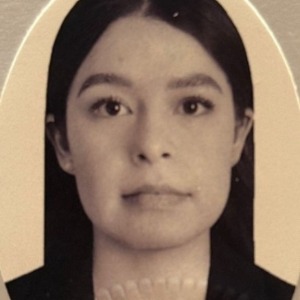Title : Peripartum cardiomyopathy as initial presentation of familial dilated cardiomyopathy type 3
Abstract:
Background: Peripartum Cardiomyopathy (PPCM) is a rare form of heart failure occurring in the last month of pregnancy or early postpartum. Though traditionally idiopathic, recent studies show genetic overlap with Familial Dilated Cardiomyopathy (FDCM).
Case 1: A 28-year-old woman with no prior medical or family history developed severe preeclampsia requiring cesarean delivery. On postpartum day 3, she presented with respiratory failure and cardiogenic shock requiring mechanical ventilation and levosimendan. Echocardiography revealed a dilated Left Ventricle (LV), LVEF of 14%, grade III diastolic dysfunction, and severe mitral regurgitation. Cardiac MRI showed LV noncompaction, mild non-ischemic Late Gadolinium Enhancement (LGE), increased T1/T2 mapping values, and 33% Extracellular Volume (ECV).
Case 2: Her 33-year-old sister developed dyspnea, leg edema, and chest pain shortly after learning about her sibling’s condition. She was diagnosed with pulmonary embolism and had a dilated LV with LVEF of 24%. She also progressed to cardiogenic shock and required vasopressors and mechanical ventilation. Differential diagnoses including Takotsubo, thrombophilia, connective tissue disease, and Chagas were ruled out. MRI showed LV noncompaction, mild non-ischemic LGE, elevated T1/T2 values, and 37% ECV.
Discussion: Both sisters improved clinically but had persistent LV dilation and dysfunction. Genetic testing in Case 1 revealed a pathogenic variant in the TNNT2 gene, associated with FDCM type 3 and LV noncompaction. Case 2’s genetic results are pending.
Conclusion: This case highlights the clinical and genetic overlap between PPCM and FDCM. Early genetic screening in at-risk relatives allows for timely diagnosis, closer follow-up, and reproductive counseling in women of childbearing age.



